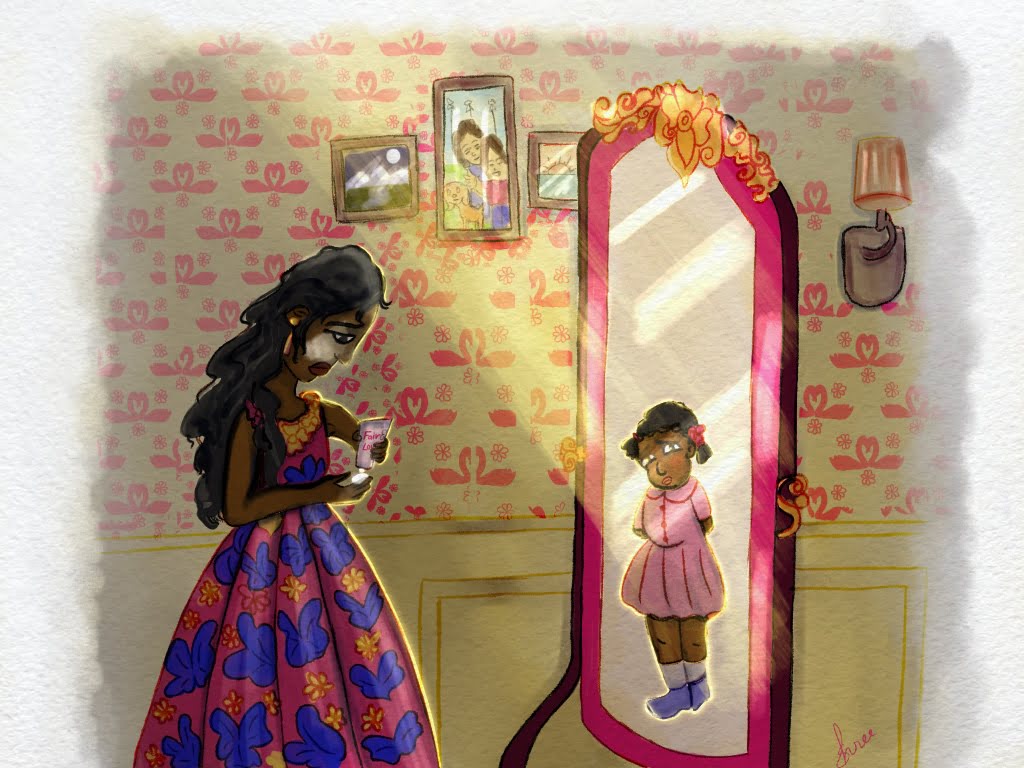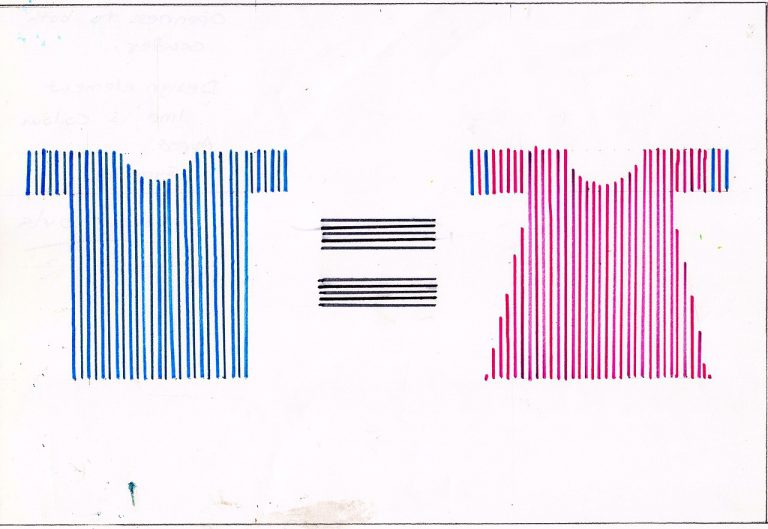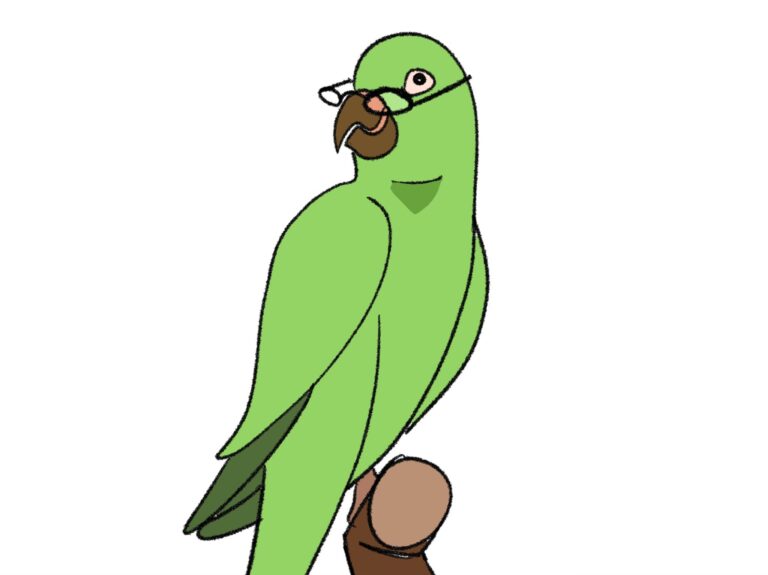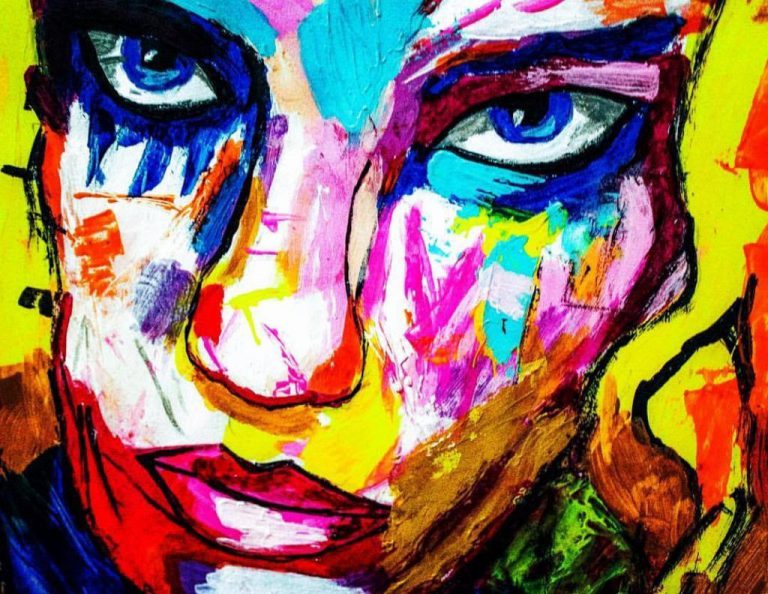What’s not “Fair” in “Fair and Lovely”?

Jayeeta is an avid reader, compulsive writer, book illustrator, frantic mother and a strong believer of diversity in workplace
Recently, what could well be considered as a landmark decision, Hindustan Unilever announced that they would be dropping the word “fair” from their skin lightening cream brand “Fair and Lovely”. The brand which earns the Anglo-Dutch conglomerate (HUL) at least Rs 4100 crore in annual revenue, holds 80 percent market share in the South Asian fairness cream industry. Since its inception in 1975, the brand has been selling the many virtues of possessing a “fair” skin and the countless misfortunes of women who possess an “unfair” skin. It was only in the last four or five years that the brand has been drawing flak from the critics, who have expressed their ire over this gross discrimination on the basis of skin color.
Not only Fair and Lovely, but there are also many other such creams sold in South Asia which focus on lightening the skin color and the importance of having “fair” skin. This goal has been inscribed in the minds of consumers through years of marketing campaigns designed to showcase the “advantage” of “white-skinned” or “fair-skinned” people, particularly girls. The older advertisements of Fair and Lovely (still available on Youtube), show how a girl is rejected by the prospective groom and his family because she is dark-skinned; the additional liability of the father of a dark-skinned girl to get her married; the return of a prodigal lover after the girlfriend has used the product and her skin has been bleached several shades lighter; a girl who was unemployed finding a job after using Fair and Lovely. Not to say that these abject concepts have been introduced by Fair and Lovely, but definitely they have played a part in strengthening a wretched belief system existing in the society. In the land of levitation and snake-charmers, being born as a “dark-skinned” girl is a curse from one’s past lives, a baseless prejudice which the present day’s modern society should repudiate. Instead, products like Fair and Lovely and its advertisements have been nurturing such calumnies.
If fingers are to be pointed, brands such as Emami Fair and Handsome, Olay Natural White, Neutrogena Fine Fairness, Lakme Intense Whitening, Ponds White Beauty, etc are no different. Why is it then that Fair and Lovely holds a whopping 80 percent market share (and probably a greater percentage of mind share on the consumers) while the other prominent brands quibble among each other for the remaining piece of the pie? That is because no other brand has been able to play with the hurt emotions of the people as well as Fair and Lovely has been doing since the last three decades. Relating this to the casteist parlance, Fair and Lovely have been telling an allegedly “low-caste” person that they have a secret certificate to convert “lower castes” to “upper castes” because the key to achieving success, happiness and freedom is to “belong to the upper caste”, without questioning the absurdity of having a caste system in the first place.
In the wake of the tragic “murder” of George Floyd, an African American citizen of Minneapolis, the USA by a white police officer named Derek Chauvin on May 25th, 2020, the world has shown massive rage and protests over the police atrocities on African American community and more generally towards racism. Huge number of people came out to express their grief, disbelief, and rage at the injustice and cruelty shown by the police officer who knelt on Floyd’s neck for eight minutes, after arresting him for allegedly using forged notes.
As an aftermath, the world has seen a rise of the anti-racist movement, in the US and internationally (India including) which has been simmering like a cooker on low flame. From big brands to works of literature such as “Gone with the Wind” came under the radar of widespread criticism. Internationally too, protesters called out discrimination on the basis of skin color, under the hashtag #Blacklivesmatter. Several American FMCG brands, which have been criticized for decades for bolstering racial stereotypes, have eventually stepped up to change their logos or brand names.
Eskimo Pie, Aunt Jemima, Uncle Ben’s, Cream of Wheat, Mrs. Butterworth’s – to name a few. All these brands have been using racist logos which have originated from the “plantation myth” and that the “blacks” are happy to be serving as slaves in a happy “white” household. The imagery used in Aunt Jemima, as well as Mrs. Butterworth, is that of a “mammy” – a disparaging term for a woman of African descent who serves as a nanny and house help in a “white”, American household. Both Uncle Ben’s and Cream of Wheat show images of a black man that has originated from the racial stereotypes such as “Rustus” and “Uncle Tom” respectively.
On the other hand, Eskimo Pie – a renowned American ice cream company has also announced a name and marketing strategy change for their brand which uses a derogatory term to refer to the Inuit and Yupik people of Alaska (‘Eskimo’ refers to “eaters of raw meat” and is deprecatory profiling).
Given such goodness is arriving in the American breakfast table, why shouldn’t some of it greet the Indians in their dressing table? While many have welcomed this move by Fair and Lovely as a step to stop colorism, many others have criticized it by suggesting that a name change means nothing unless the “meaning” behind it is revoked too. Will the brand be now featuring a woman of “dusky-complexion” in its advertisements? Is it possible to do a complete role reversal by a brand that has been surviving solely on the idea that it wishes to retract from today? Mr. Sanjiv Mehta, the MD, and Chairman of HUL has stated that the brand will now focus on a more “inclusive” definition of beauty and will eliminate words such as “fairness” in its marketing campaigns. The packaging of the product will also no longer contain the shade guide or the images of complexion comparison.
While Fair and Lovely has announced these changes, Johnson and Johnson has already decided to exit the fairness cream business altogether. Neutrogena Fine Fairness has been called off and the Clean and Clear Fairness line of products will be sold only till the current stock lasts. Will these attempts have any effect in removing the underlying biases in the minds of people? But before criticizing these initiatives, we must remember that every journey begins with a step. And this step is definitely in the right direction. When will we start seeing its results? Well, Rome was never built in a day.
Featured Image Credits: Flickr








